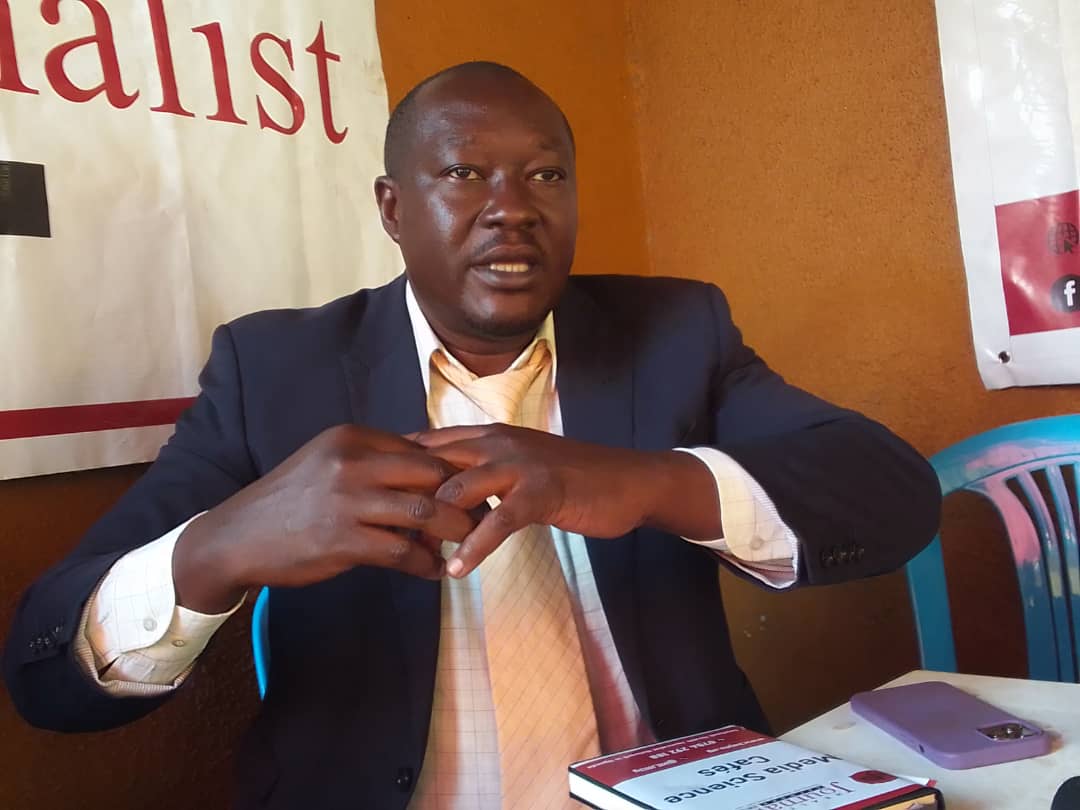The Ministry of Health has identified exposed to sexual networks as the leading cause behind the continued spread of Mpox in Uganda, even as vaccination efforts accelerate in response to surging infections.
This development comes shortly after the arrival of 100,000 additional dosesof the Mpox vaccine, with over 20,000 people immunized within the first weekof the campaign.
The intensified response follows a disturbing global health alert indicating that Uganda accounted for 50% of all reported global Mpox casesin the past week.
Addressing members of the Health Journalists Network in Uganda (HEJNU) in Kampala, Dr. Misaki Wayengera, Chief Scientist at the Ministry of Health, pointed to increased transmission in urban areas and slums, with patterns linked to dense sexual networks and poor access to healthcare information.
Dr. Wayengera also highlighted a major concern over the cost of the Mpox vaccine, which is currently priced at approximately $140 (UGX 512,000)significantly higher than most vaccines that typically range between $1 and $10.
He noted that this cost is unsustainable for widespread rollout, especially in low-income communities.
To address this, Uganda is launching local research initiatives aimed at developing a more affordable, locally-produced vaccine, including trials involving herbal medicine.
This comes in the wake of a failed attempt at Mpox vaccine development in the Democratic Republic of Congo, which the Ministry is reviewing for lessons learned.
Among the early vaccine recipients is Macklin Ainembabazi, a resident of Nankulabye, who shared her personal motivation for getting vaccinated.
She recalled witnessing a friend suffer from severe symptoms, including intense itching in her private parts, which prompted her to seek protection through vaccination.
The Ministry of Health is urging Ugandans to remain vigilant and proactive in seeking vaccination, particularly those in high-risk areas and communities.
By Ben Musanje
14th May 2025
End

